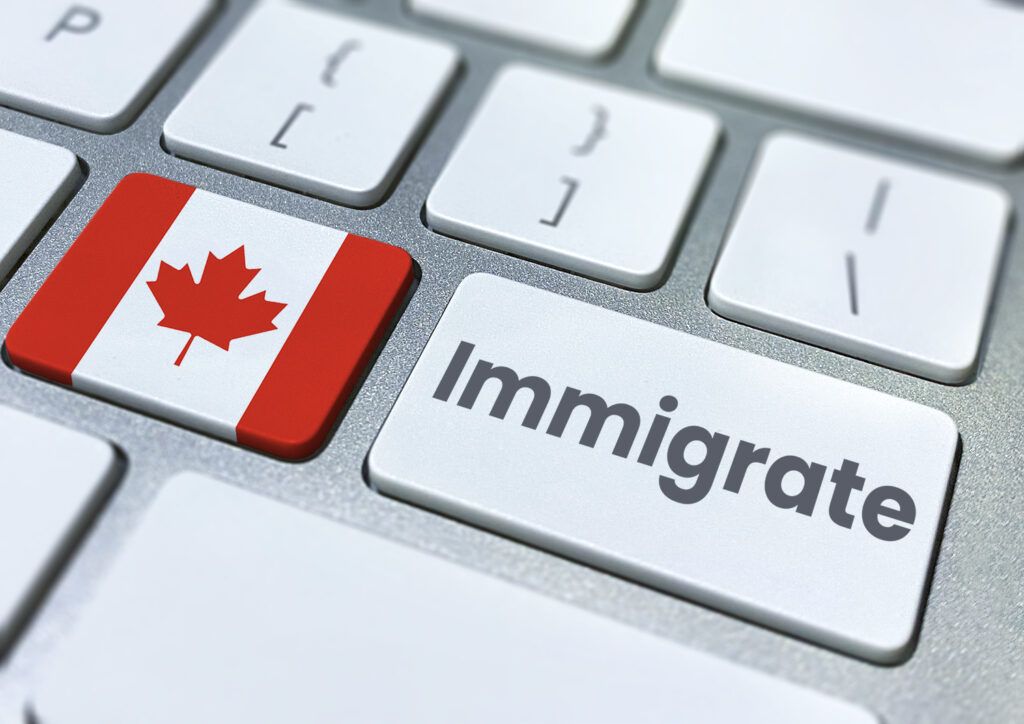As an investor, there are many opportunities for you to immigrate to Canada because of how welcoming this country is. Canada continues to open its arms to investors who are willing to contribute to its robust economy. At the same time, it remains committed to providing its people with plenty of opportunities, which is what makes Canada a great place to live in and settle down!
If you plan to move to Canada as an investor, be sure to seek Canadian immigration services, whether in Toronto or other parts of the country. You’ll learn that they do offer a handful of programs for investors that will make it easier for you to move to Canada.
In this article, we will share with you three programs you may want to consider as an investor:
1. Quebec Immigrant Investor Program (QIIP)
The QIIP allows investors to have a Canadian permanent residence. However, the requirement is to invest CAD 1.2 million by financing said investment or having an approved financial intermediary.
Investors availing this program are evaluated based on six factors under the Quebec Economic Class selection grid for the program. These factors include education level or areas of training, experience in management, age, language proficiency in French or English, family in Quebec, and the Investment Agreement.
If you want to pass, you should earn a minimum passing score of 40 points. There are also mandatory cut-off scores of 10 points for management experience and 25 points for financial investment, respectively.
2. Provincial Nominee Programs (PNP)
The PNP allows the Canadian provinces and territories to nominate individuals interested to settle in a particular province in Canada.
Know that each Canadian province and territory has its own unique PNP, except for Nunavut and Quebec. Each PNP has at least one immigration stream aligned with the federal Express Entry immigration selection system. Known as “enhanced nominations,” provincial nominations award Express Entry candidates an additional 600 Comprehensive Ranking System (CRS) points.
If you’re an investor who is willing to invest and contribute much to a particular province, then you have a greater chance of being approved. You may check the Canada PNP Finder designed to help you discover the right immigration pathway to Canadian permanent residence.
3. Quebec Entrepreneur Program
This program allows foreign nationals to immigrate to Quebec as business owners or entrepreneurs. This is specifically intended for experienced entrepreneurs who want to create or invest in a business in Quebec. When awarded, you can live in Quebec as a Canadian permanent resident while doing business in the country.
As far as the application is concerned, know that Quebec business immigration selects individuals for participation in the program. They will issue successful applicants with a “Quebec Selection Certificate,” which then will be submitted to the Government of Canada for permanent residency. Once approved, you can immediately move to Quebec!
Four years after being granted Canada PR status, you can then apply for Canadian citizenship as long as you meet all the requirements of the Quebec Entrepreneur Program.

Conclusion
Apart from the three programs outlined above, there are other ways you can immigrate to Canada as an investor. These include Section 205 Work Visa and Inter-corporate Transferee Work Visa, among several others. As you can see, there are options at your disposal and routes you can take in moving to Canada as an investor.
We are immigration consultants in Canada. If you are an investor looking to immigrate to Canada and need professional assistance, get in touch with us today to see how we can help!


